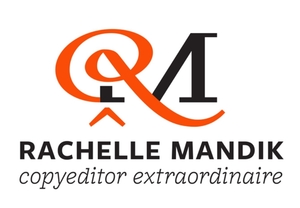Another Word for Heartbreak
Think back to the first time you realized a classmate was having a birthday party and you weren’t invited. Maybe one of your mutual friends let it slip why they weren’t free to hang out with you on Saturday. Maybe your classmate himself ballsed it up and called out, “Hey, see you guys on Sa—” before realizing everyone in the group of people he was talking to was invited except for you. In this moment, time slows down, like it does in a car crash or a shootout in a Wachowskis movie. It’s like you have been given extra time specifically in which to feel really sad.
This is how I’m feeling today.
An author whose books I’ve worked on since day one has apparently written a new one, albeit for a different imprint, and guess who wasn’t listed as “copyeditor” on the invitation list.
“Heartbroken” seems like too strong a word for missing out on the opportunity to work again with someone with whom you thought you had a tight working relationship. But it’s a flavor of sadness that perhaps the Inuit have a better word for, given how well they did with “snow.” For now, I’m sticking with heartbroken.
It’s not that I blame the author himself. Since that first book he’s become kind of famous, and I’ve always been incredibly happy for him, and a little bit for me too, because it’s by association that I’d gotten a lot of really good press early on. Someone who is that famous gets a pass when it comes to making up the invitation list to their party. It’s pure fantasy for me to imagine him saying to his agent or editor, “Hey, be sure you get my old copyeditor, Rachelle. That chick is so rad.”
But when I worked in-house as a production editor—the person whose job it is to extend that invitation—I would always, always find out whether a previously published author wanted to work with the same copyeditor. It just makes sense to keep the team together if everyone was happy. And if that author wrote multiple books and had the same copyeditor every time? That copyeditor would have to be dead for me not to invite them, even if I’d never worked with them before. In fact, I would have to find out they were dead by attempting to invite them. Heck, maybe I’d even have gone so far as to contact them via Ouija board to ask them if they wanted to work on this latest book anyway, even though they were dead.
So when I saw the author plugging his new memoir on Facebook (we are FB friends, fam, I didn’t get it from his fan page), I could have sworn I actually heard something shatter.
Suddenly I was in third grade again, and a kid I thought of as a good pal was calling out, “Hey, see you guys on Sa—” And there I was, and here I am again, feeling sorry for myself on a Friday night.


